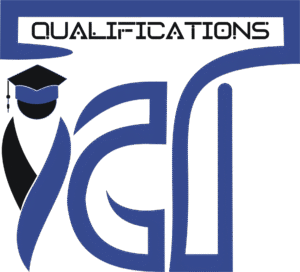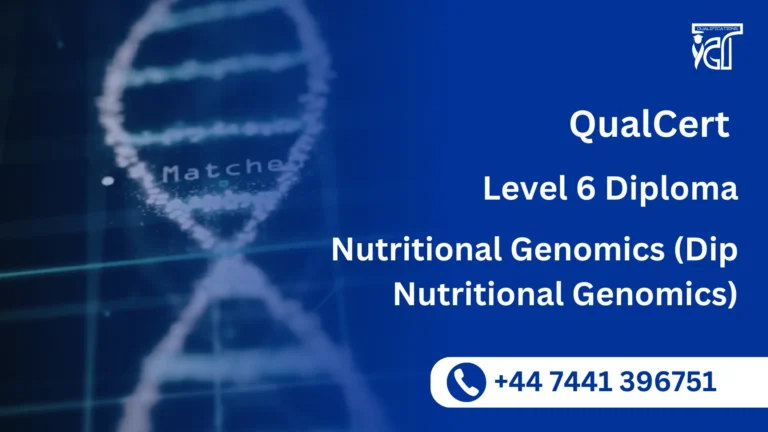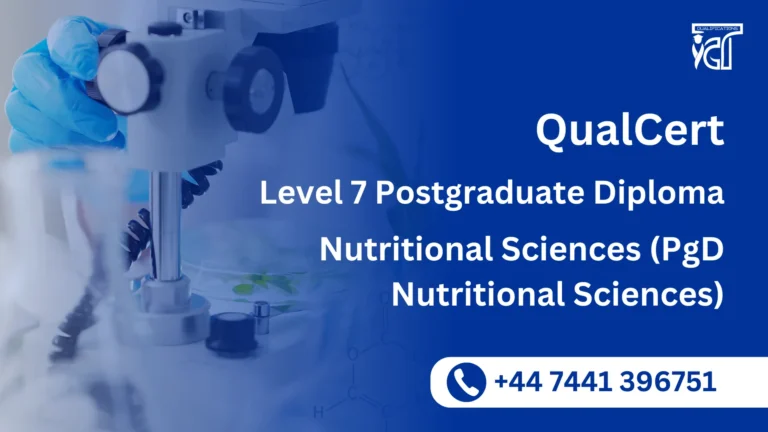Level 3 Diploma in Airport Management
Step Into Aviation Excellence with LICQual


Course Level
Level 3
Course Type
Non- Ofqual
Awarding Body
LICQual
Credits
60
Study Mood
Online
Assessment
Assignments Based
Course Overview
What is this course
The LICQual UK Level 3 Diploma in Airport Management is designed to provide learners with a comprehensive understanding of the principles, practices, and challenges involved in managing modern airports. Covering both operational and strategic aspects, the course equips students with the knowledge required to oversee airport functions, ensure safety and security, and deliver efficient passenger and cargo services. It emphasizes international standards, regulatory frameworks, and the importance of effective communication and leadership in aviation environments.
Throughout the program, learners explore key areas such as airport operations, aviation law, customer service, emergency planning, and resource management. The curriculum blends theoretical knowledge with practical insights, preparing students to handle real-world scenarios in a fast-paced and highly regulated industry. By focusing on problem-solving, decision-making, and compliance, the diploma ensures graduates are ready to meet the demands of global aviation and contribute to the smooth functioning of airports worldwide.
This qualification is ideal for individuals seeking to advance their careers in aviation management or enter the airport industry with a strong foundation. It opens pathways to supervisory and managerial roles, while also serving as a stepping stone for further studies in aviation and transport management. With its international recognition and industry relevance, the LICQual UK Level 3 Diploma in Airport Management empowers learners to become confident professionals capable of driving efficiency, safety, and innovation in airport operations.
Course Content
Detailed Curriculum Structure
This qualification, the LICQual UK Level 3 Diploma in Airport Management, consists of 6 mandatory units.
Who Should Attend
Target Audience and Participants
- Aspiring professionals seeking entry into the aviation and airport management industry
- Current airport staff aiming to progress into supervisory or managerial roles
- Individuals interested in building careers in passenger services, cargo handling, or airport operations
- Aviation enthusiasts who want formal qualifications to strengthen their career prospects
- Graduates or learners looking to specialize in airport and aviation management fields
- Professionals from related industries (travel, tourism, logistics) wishing to transition into aviation management
- International students seeking globally recognized qualifications in airport operations and leadership
- Anyone aiming to develop skills in safety, compliance, customer service, and efficient airport management
Career & Learning Benefits
Skills, Knowledge & Opportunities You Will Earn
- Gain internationally recognized qualifications in airport and aviation management
- Develop practical skills in airport operations, safety, and regulatory compliance
- Enhance leadership, communication, and decision-making abilities for aviation environments
- Build expertise in passenger services, cargo handling, and resource management
- Improve career prospects with pathways to supervisory and managerial roles
- Acquire knowledge aligned with global aviation standards and best practices
- Strengthen problem-solving skills to handle real-world airport challenges effectively.
Need More Information?
Frequently Asked Questions Explained
Enrollment Criteria
Minimum Eligibility Criteria for Enrollment
Lock In Your Spot
Get in Touch
+44 2035 764371
+44 7441 396751
info@ictqual.co.uk
www.inspirecollege.co.uk









